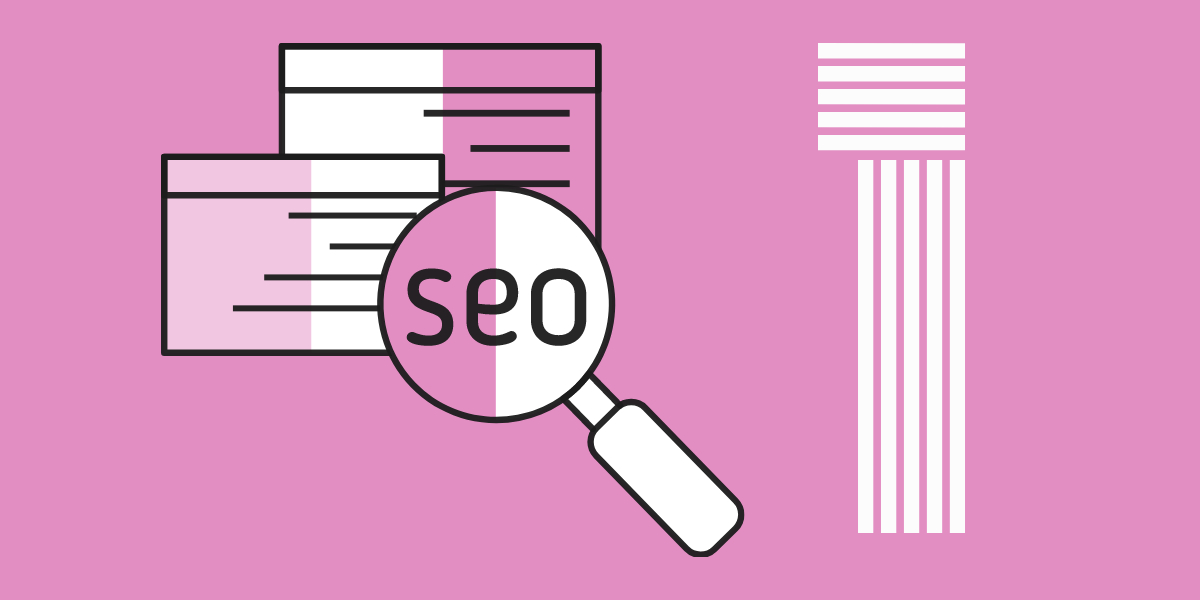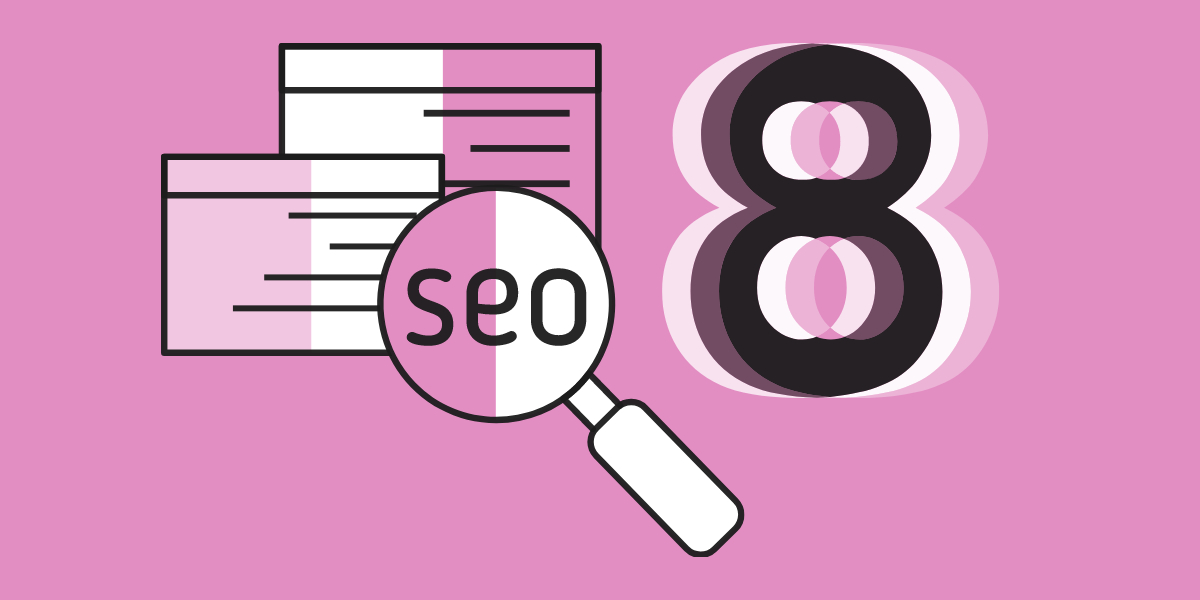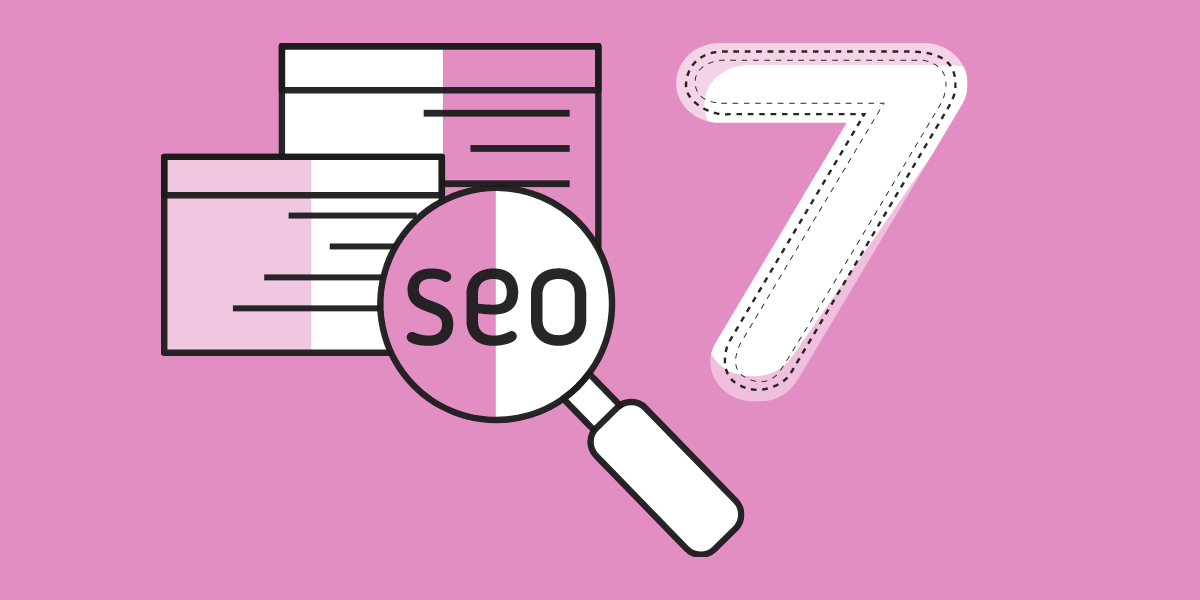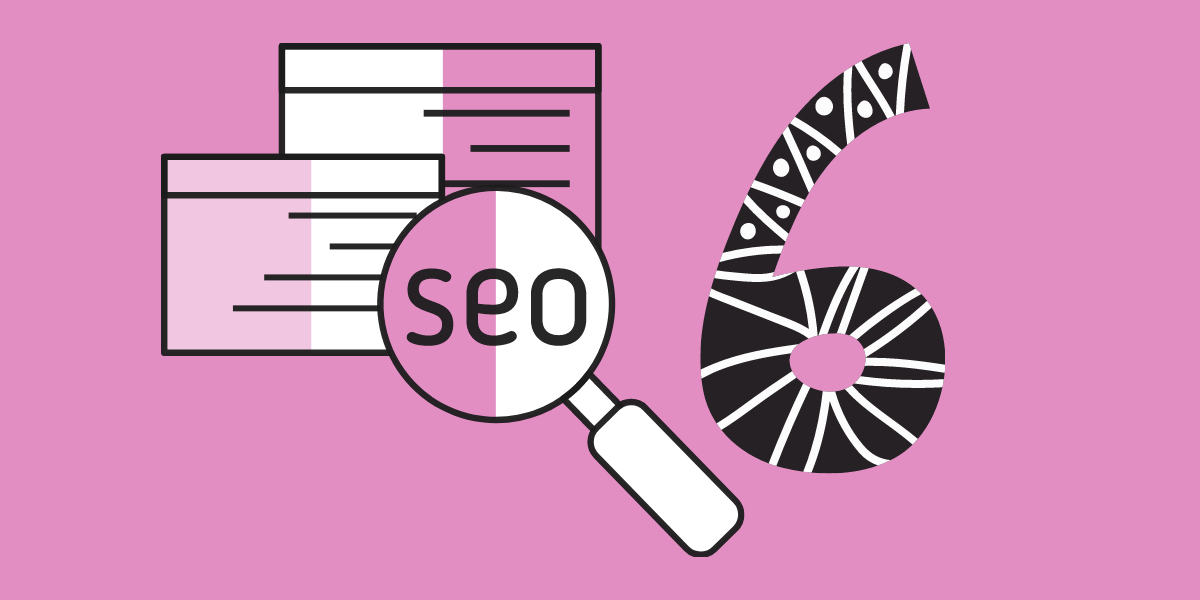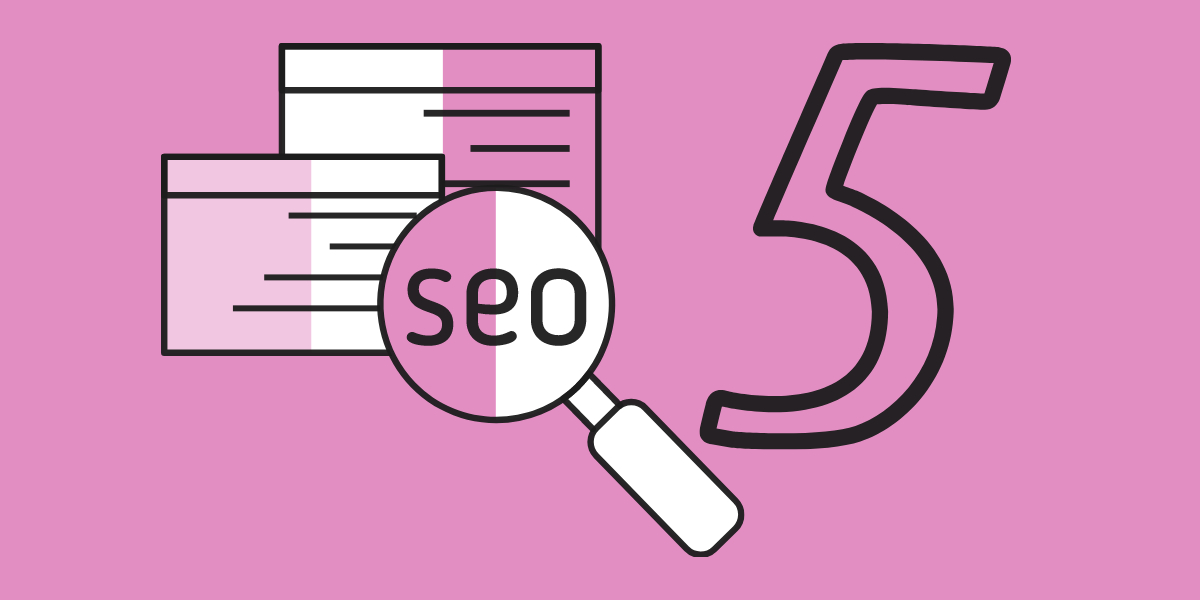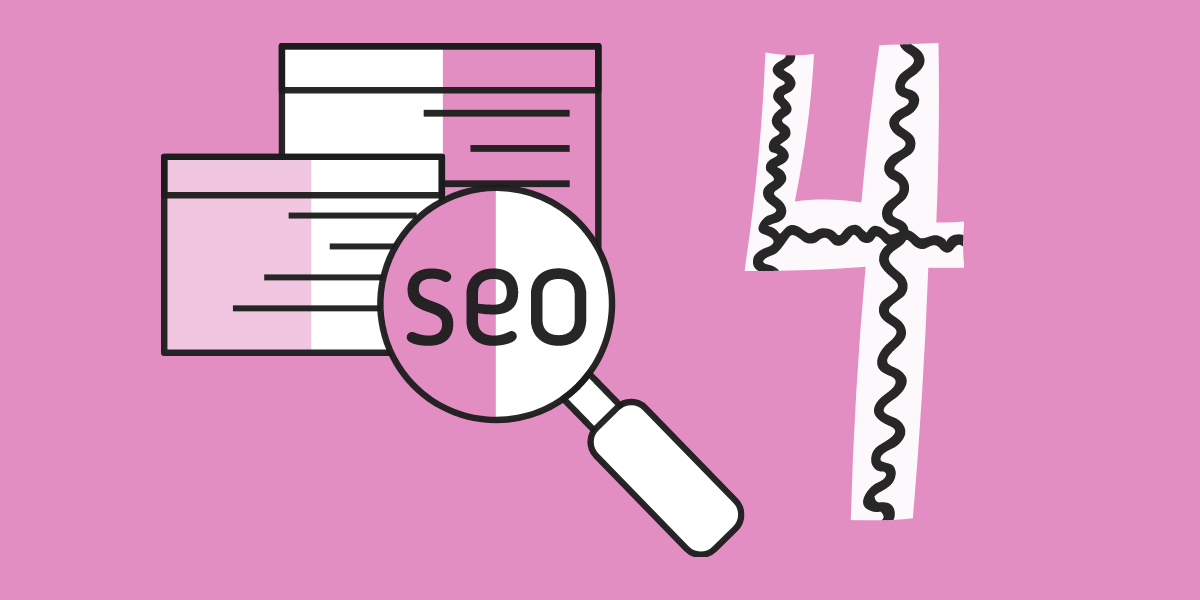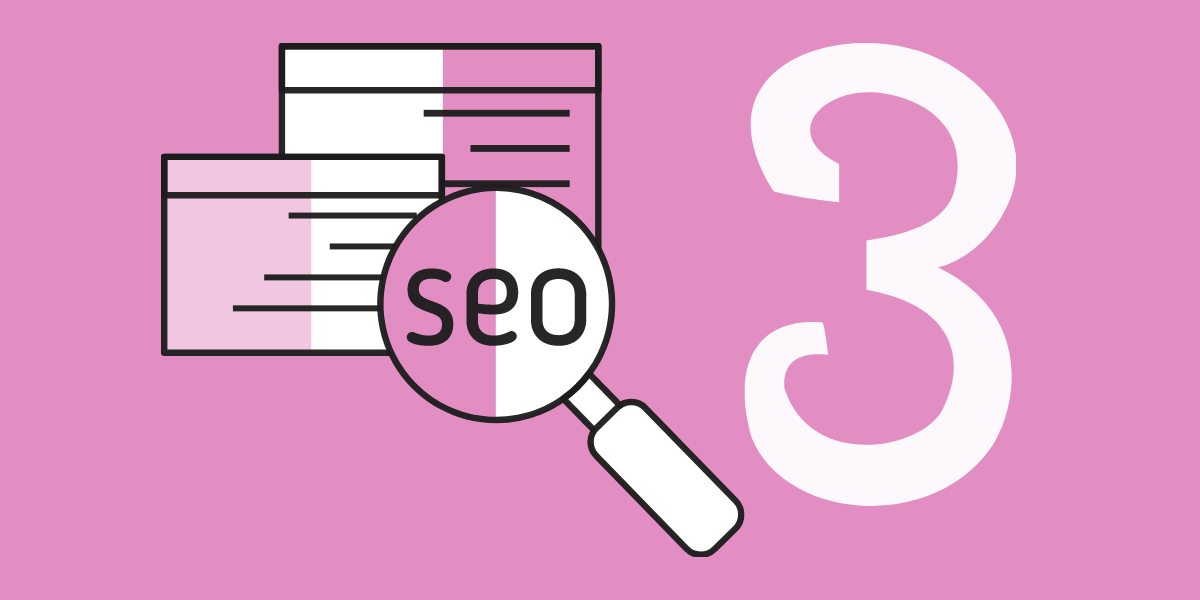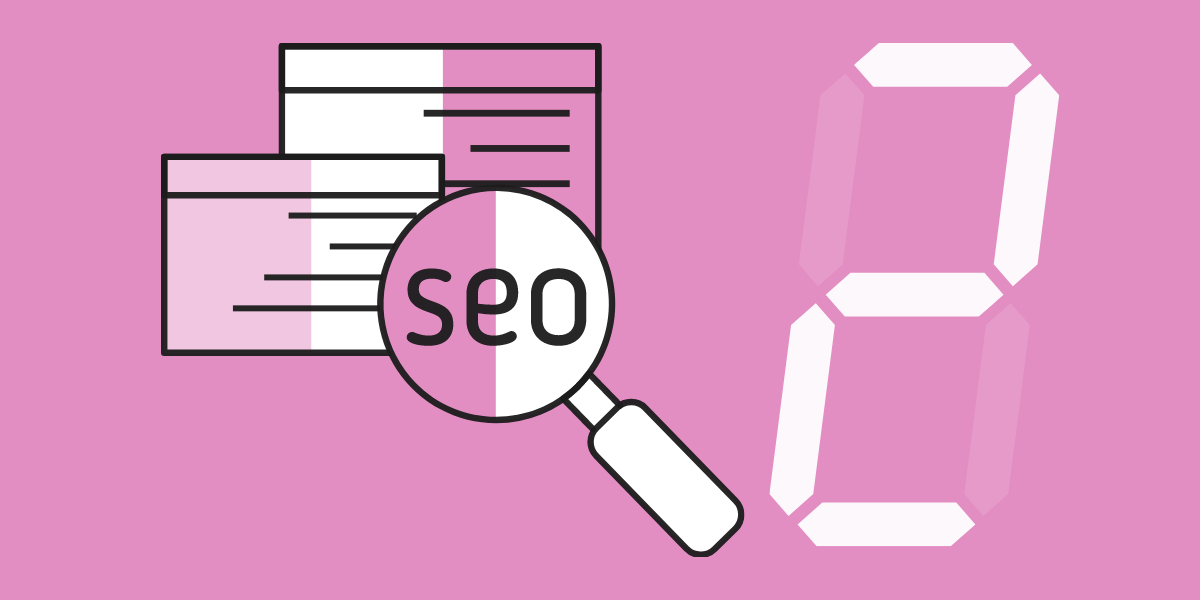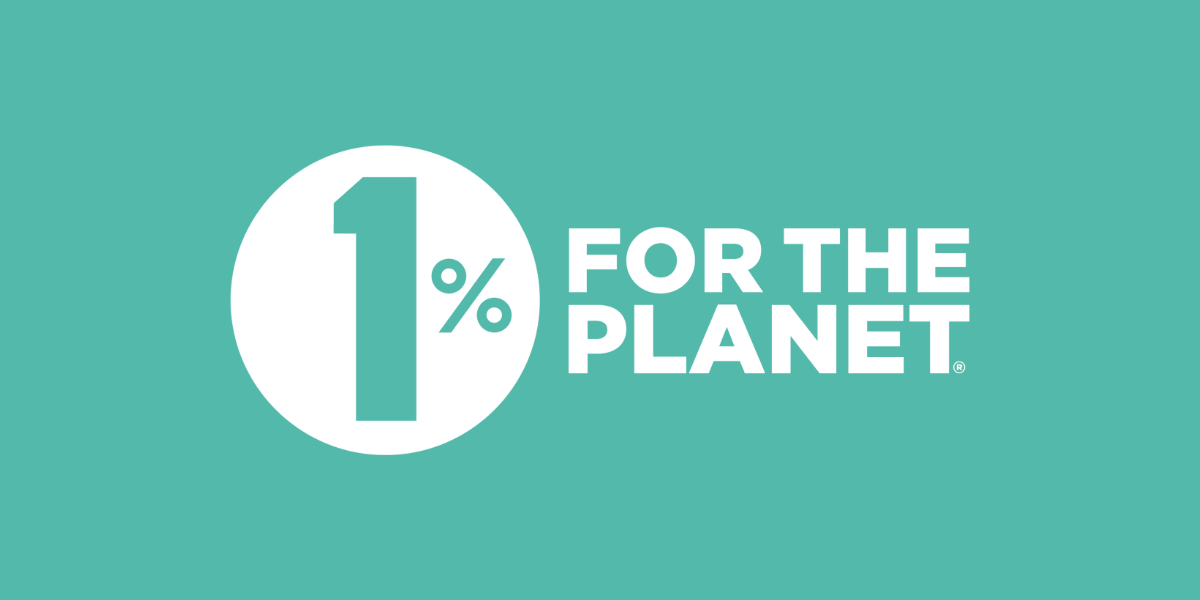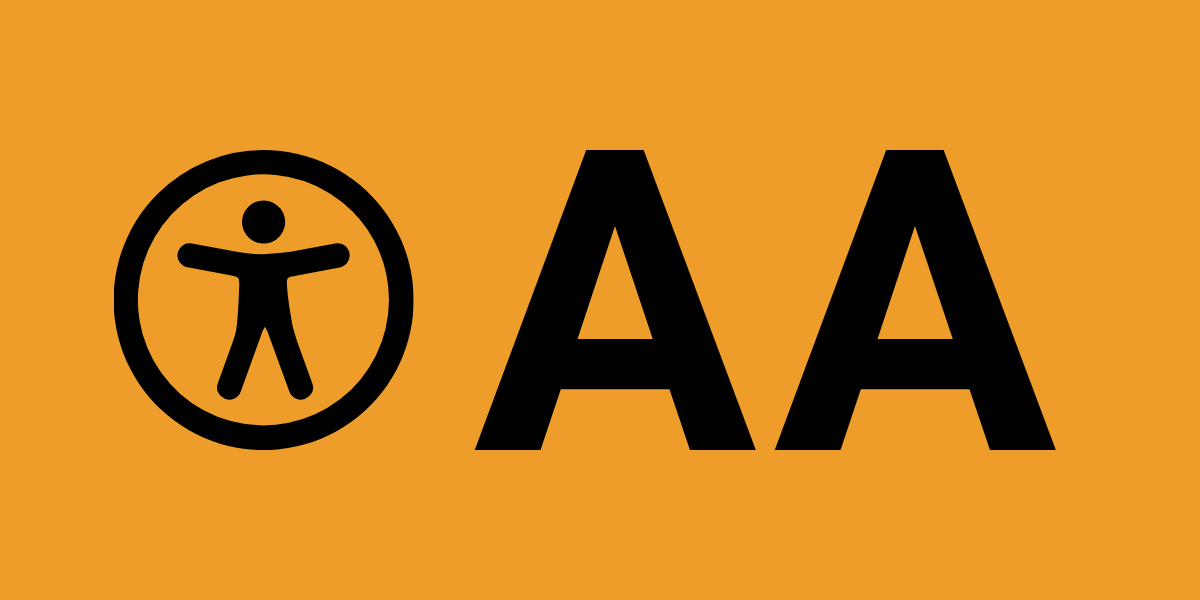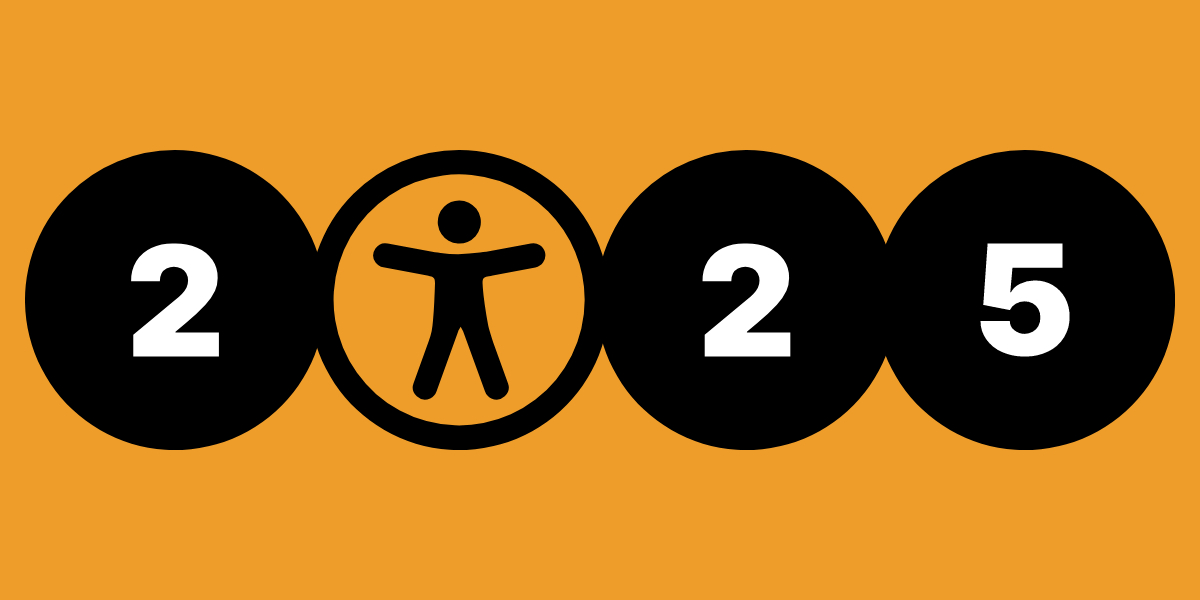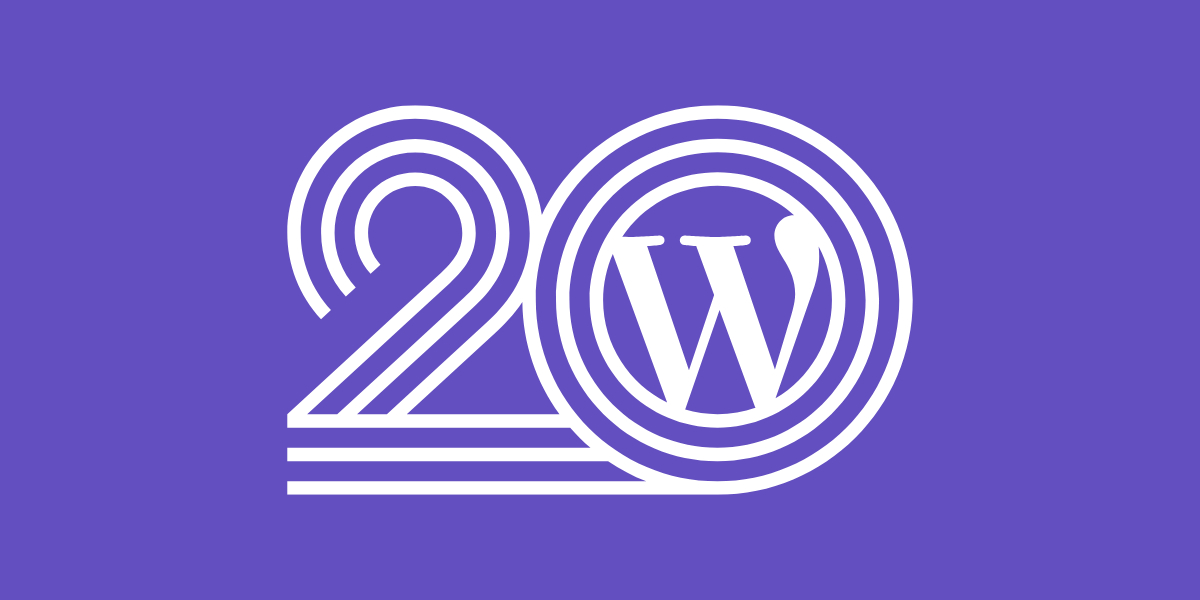SEO for Beginners, Part 1: What is SEO?
If you’ve ever wondered how websites appear on the first page of Google, SEO is the answer. SEO, or Search Engine Optimisation, is the practice of improving your website to make it more attractive to search engines like Google, Bing, or Yahoo. The goal is simple: when someone types in a question or a keyword related to your business, you want your website to appear at the top of the search results.
Think of search engines as huge libraries, and SEO is the process of making sure your “book” (your website) is easy to find and clearly labeled so that when someone searches for something related to what you offer, your site shows up.
How does SEO work?
Search engines use algorithms to rank websites. These algorithms analyse hundreds of factors to determine how relevant your content is to a specific search query. Some of the key factors include:
- Relevant Content: Content is king in SEO. Search engines prioritise websites that provide valuable, relevant information. So, the more your site can help answer searchers’ questions, the better your chances of ranking.
- Keywords: Keywords are the foundation of SEO. These are the words and phrases people type into search engines to find content. You should naturally incorporate relevant keywords into your content, titles, and headers. But remember – don’t overdo it. “Keyword stuffing,” or using too many keywords unnaturally, can actually harm your ranking.
- User Experience (UX): A well-structured, easy-to-navigate website is crucial. Search engines value websites that are user-friendly. Fast loading times, mobile responsiveness, and intuitive layouts matter.
- Backlinks: Links from other sites pointing to your content (known as backlinks) still carry a lot of weight. When high-quality sites link to you, it signals to search engines that your content is trustworthy and authoritative.
SEO isn’t about tricking search engines – it’s about helping them understand your site so that it can show up when it’s relevant. This process takes time, but when done right, SEO can drive long-term, organic traffic to your site without relying on paid advertising.
What really matters in SEO?
When diving into the world of SEO, it’s easy to get overwhelmed by all the technical jargon and conflicting advice. Let’s simplify things by answering some of the most common basic questions that beginners ask.
Do you need to post lots and lots of never-ending blog articles day and night?
Not at all! SEO isn’t about churning out tons of content, but rather about creating quality content. The days of keyword-stuffed, spammy articles are over. Search engines now prioritize content that is helpful, original, and relevant.
While long-form content can perform well (especially when it’s comprehensive), posting 2,000 words four times a day isn’t necessary. Focus on quality over quantity. Posting less often but delivering in-depth, well-researched content that provides value to your audience will do far more for your SEO than pumping out lots of shallow content.
Is it all about backlinks?
Links are important, but they’re not everything. A few years ago, SEO was largely about acquiring as many backlinks as possible. Today, the quality of those links matters far more than quantity. For example, getting a backlink from a reputable site in your industry is much more valuable than dozens of links from low-quality sites.
While links help, you also need to focus on other aspects like:
- Creating engaging content
- Using proper on-page SEO (keywords, headers, etc.)
- Improving the user experience on your site
SEO is a holistic process, so it’s important to balance content quality, technical optimization, and links.
What exactly is a meta description?
A meta description is a short summary of what a page is about. It appears below your title in search engine results, offering a brief glimpse into the content of your page. While meta descriptions don’t directly influence rankings, they do impact click-through rates (CTR). A well-written, engaging meta description can convince someone to click on your link instead of a competitor’s.
Here’s what to keep in mind:
- Keep it under 160 characters so it doesn’t get cut off in search results.
- Include your main keyword so that it appears bolded when people search for related terms.
- Make it compelling – you want to entice users to click.
Does the URL structure really matter?
Yes, URL structure plays a role in SEO. Search engines use URLs to understand what a page is about. A clean, descriptive URL gives both search engines and users a clear idea of your content. For example, a URL like www.example.com/seo-tips is better than www.example.com/?p=12345.
A few tips for SEO-friendly URLs:
- Keep them short and simple.
- Use hyphens to separate words.
- Include a relevant keyword if possible.
- Avoid unnecessary numbers or special characters.
A well-structured URL not only helps with SEO but also makes it easier for users to remember and share.
Finding your balance
SEO is about balance. Content, links, structure, and user experience all play important roles. By understanding the basics and focusing on what truly matters, you’ll be well on your way to improving your site’s visibility.
In the next part of this series, we’ll talk about keyword research and how to find the right keywords to target for your website. This is where SEO starts to get a little more strategic, but don’t worry – we’ll break it down into simple steps!
